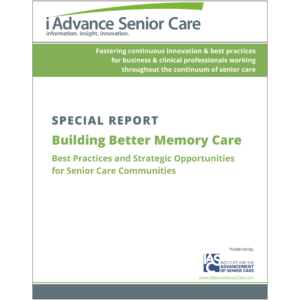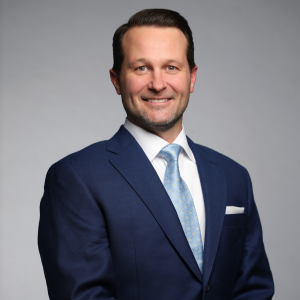Investment in frontline staff pays off for providers
On Orchard Cove’s skilled-nursing floor, urinary tract infections and pressure ulcers have become rare occurrences and medication usage is down. Residents are living happier, healthier lives in the wake of dramatic changes in how care is managed and delivered.
|
Orchard Cove, located in Canton, Mass., is one of several nursing home and assisted living providers profiled in a series of new case studies produced by PHI, with the support of the Hitachi Foundation. The providers showcased in the series are actively engaged in building relationship-centered cultures, in which residents and the caregivers closest to them have greater control over everyday decision making.
At Orchard Cove, the journey toward a more relationship-centered culture began in 2005. Director of Nursing Deb Symonds began by implementing consistent assignment, with each nursing assistant caring for the same group of residents each day. Next, the nursing home was divided into three “households,” with self-managed teams supporting about 15 residents. Eventually, the nursing station came down, and a country kitchen provided a gathering place for residents, family members, and staff to enjoy time together.
While making these changes in their physical plant and organizational systems, Orchard Cove embarked on another change as well. The leadership realized that staff needed different skills to manage and deliver care in a new way. Through the PHI Center for Coaching Supervision and Leadership, the entire organization changed its culture of communication, learning core skills such as active listening, paraphrasing, and pulling back in difficult conversations. These skills, according to Executive Director Paul Hollings, “provide a solid platform and foundation [from which] to pursue—and refine—the ideas of culture change.”
| Susan Misiorski |
Orchard Cove empowered staff by giving them the skills needed to manage their teams and strengthen their relationships with residents. These same coaching and communication skills are crucial for frontline staff at The Cottages at St. Martin’s in the Pines, a Green House home in Birmingham, Alabama. Each home has 10 residents supported by a self-managed team of direct-care workers known as Shahbazim. The training and support that these staff receive increases their value to their employer by improving the quality of life for the residents they support. For the Shahbazim, their new role is far more satisfying. “I wouldn’t go back for anything” is the refrain, when asked if they would return to their old CNA positions.
Long-term care employers have long used the “low investment/high turnover” approach to employing direct-care staff. But the employers profiled by PHI are taking a different approach—high investment/low turnover.” They see that investing in these workers, with better training and career opportunities, is critical to enhancing the quality of life for residents in our nation’s nursing homes.
Susan Misiorski is director of training and organizational development services for PHI. A culture change leader, Susan is also a member of the board of directors, and a former president, of the Pioneer Network.
The opinions expressed in this blog are those of the author and do not necessarily reflect the views of Long-Term Living.
I Advance Senior Care is the industry-leading source for practical, in-depth, business-building, and resident care information for owners, executives, administrators, and directors of nursing at assisted living communities, skilled nursing facilities, post-acute facilities, and continuing care retirement communities. The I Advance Senior Care editorial team and industry experts provide market analysis, strategic direction, policy commentary, clinical best-practices, business management, and technology breakthroughs.
I Advance Senior Care is part of the Institute for the Advancement of Senior Care and published by Plain-English Health Care.
Related Articles
Topics: Facility management , Staffing











